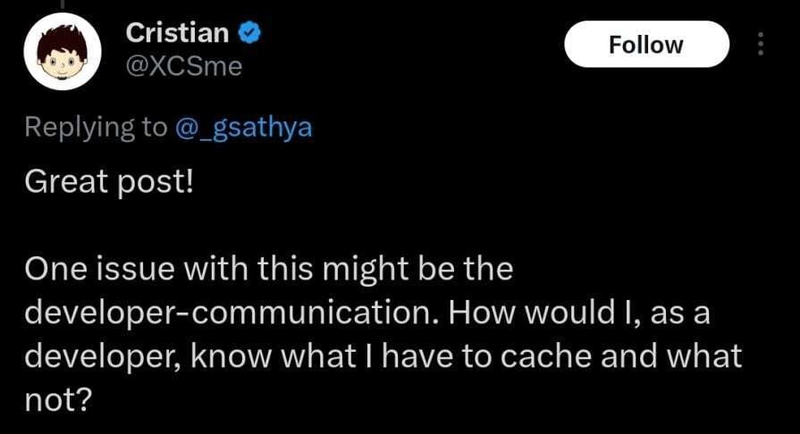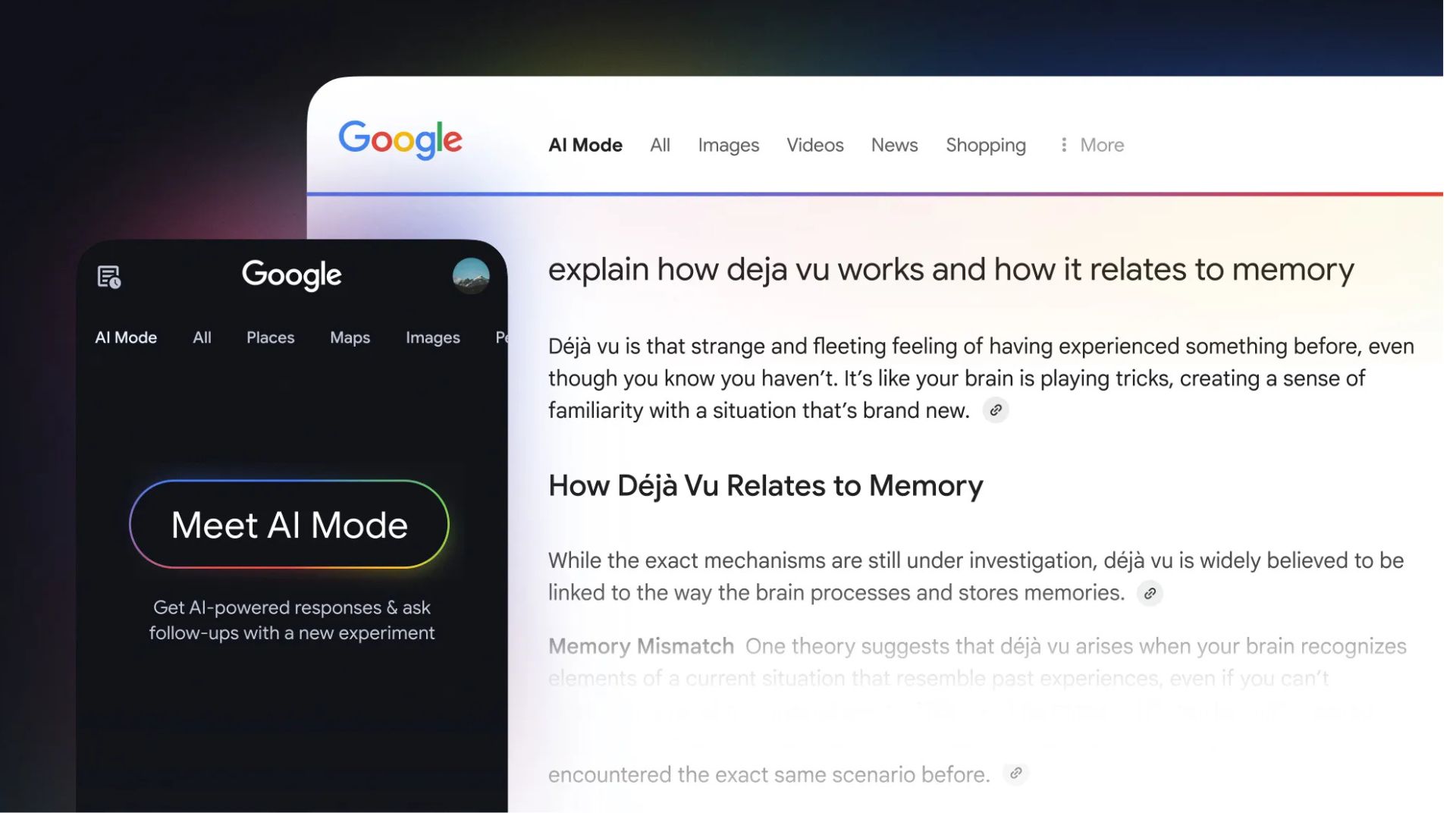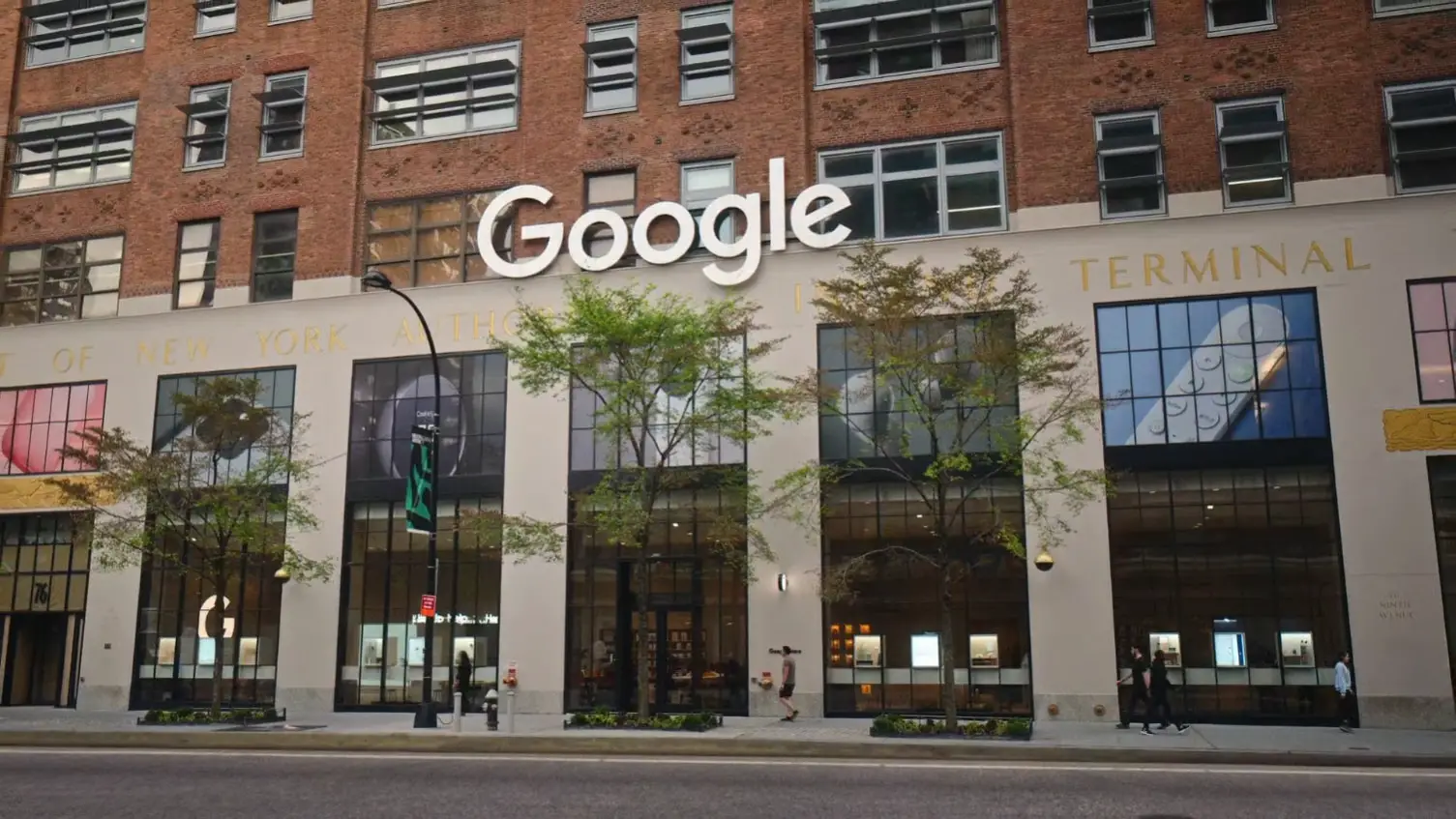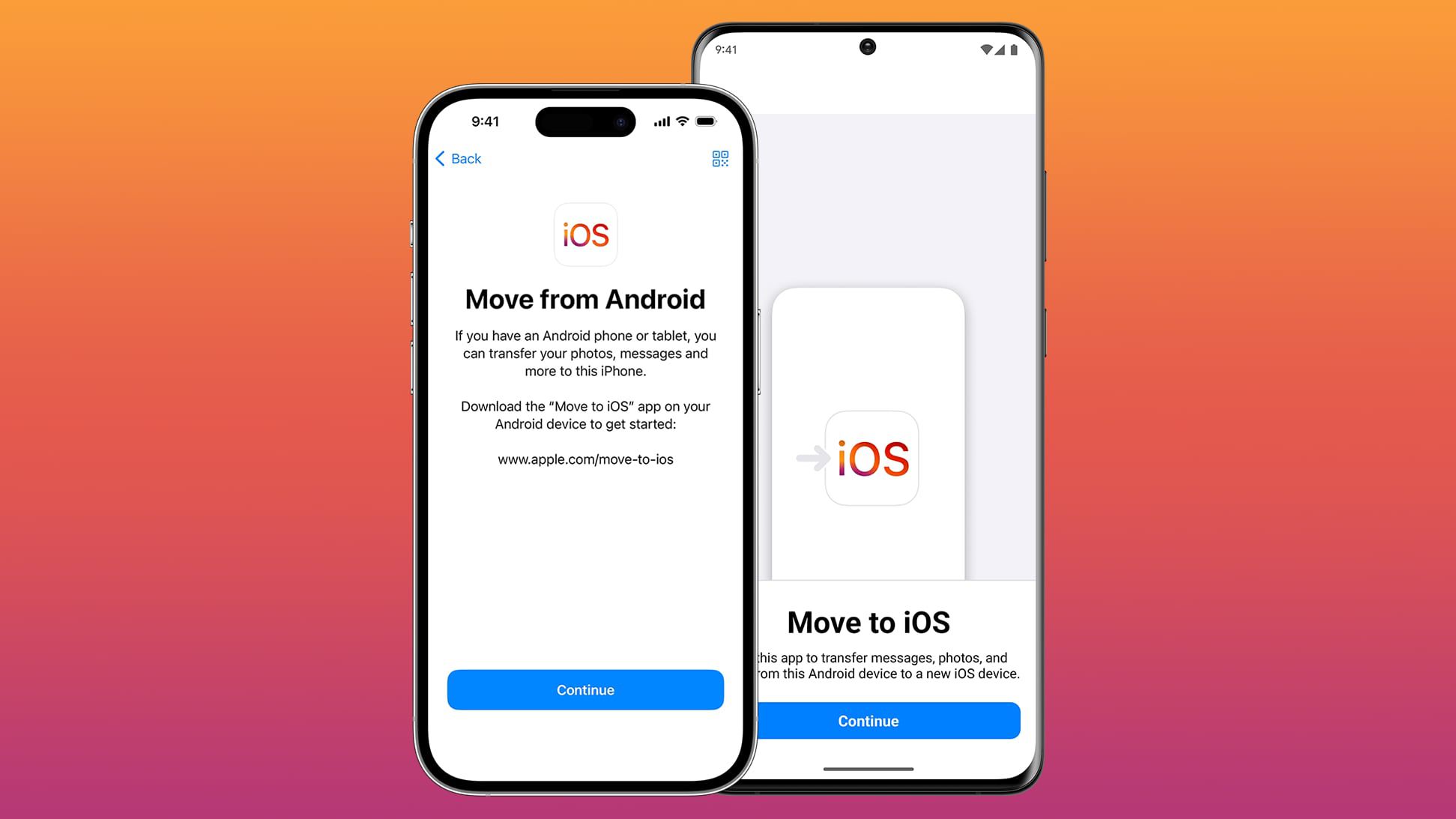Google’s search monopoly breakup could mean the death of Firefox
The US Department of Justice wants to break up Google’s search monopoly. But while this might seem like good news for Google’s competitors, it could actually be harmful to some. For example, Mozilla now warns that it could result in the death of Firefox, reports The Verge. Last year, a federal judge ruled that Google’s search business was an illegal monopoly, forged via exclusive contracts that restrict competition. In the wake of that ruling, the US Department of Justice is now demanding that Google no longer be allowed to pay to be the default search engine in third-party browsers—like Mozilla’s Firefox. Further measures to break up Google’s search monopoly include the potential forced sale of the Chrome web browser. There are already several companies waiting to jump in and snatch Chrome for themselves if that happens, but that part isn’t set in stone just yet. Mozilla depends on Google’s search deal If Google is no longer allowed to strike deals to be the default search engine in third-party browsers, it would mean a massive financial hit for Mozilla. Firefox brings in about 90 percent of the Mozilla Foundation’s revenue, 85 percent of which comes from a deal with Google. The loss of this revenue would lead to “significant cuts across the company,” said Mozilla’s CFO Eric Muhlheim to The Verge. Should Mozilla be forced to reduce investments in Firefox product development, it could lead to a dangerous downward spiral. The browser could become less attractive to users and “put Firefox out of business.” Other Mozilla projects, including open-source web tools and efforts to combat climate change through AI research, would also be at risk. Ironically, should the ban on Google actually materialize, it could even strengthen Google’s position. As Muhlheim points out, Firefox’s Gecko engine is “the only browser engine that is held not by Big Tech but by a nonprofit.” Should Firefox die, there’d only be two relevant browser engines remaining: Google’s Blink and Apple’s WebKit. Mozilla negotiates with competitors Mozilla is now negotiating with other search engine providers like Microsoft, looking into the feasibility of making Bing Search the default in Firefox. But even a company like Microsoft probably couldn’t offer as much direct revenue as Google does—and without a bid from Google, the amount Mozilla could negotiate for itself would likely fall. Mozilla has already tried to change the default search engine for all users in the past, which was met with massive outcry and pushback from the user community. This was despite the fact that it would have been possible for every user to simply change it themselves. Further reading: Strong reasons to switch from Chrome to Firefox

The US Department of Justice wants to break up Google’s search monopoly. But while this might seem like good news for Google’s competitors, it could actually be harmful to some. For example, Mozilla now warns that it could result in the death of Firefox, reports The Verge.
Last year, a federal judge ruled that Google’s search business was an illegal monopoly, forged via exclusive contracts that restrict competition. In the wake of that ruling, the US Department of Justice is now demanding that Google no longer be allowed to pay to be the default search engine in third-party browsers—like Mozilla’s Firefox.
Further measures to break up Google’s search monopoly include the potential forced sale of the Chrome web browser. There are already several companies waiting to jump in and snatch Chrome for themselves if that happens, but that part isn’t set in stone just yet.
Mozilla depends on Google’s search deal
If Google is no longer allowed to strike deals to be the default search engine in third-party browsers, it would mean a massive financial hit for Mozilla. Firefox brings in about 90 percent of the Mozilla Foundation’s revenue, 85 percent of which comes from a deal with Google. The loss of this revenue would lead to “significant cuts across the company,” said Mozilla’s CFO Eric Muhlheim to The Verge.
Should Mozilla be forced to reduce investments in Firefox product development, it could lead to a dangerous downward spiral. The browser could become less attractive to users and “put Firefox out of business.” Other Mozilla projects, including open-source web tools and efforts to combat climate change through AI research, would also be at risk.
Ironically, should the ban on Google actually materialize, it could even strengthen Google’s position. As Muhlheim points out, Firefox’s Gecko engine is “the only browser engine that is held not by Big Tech but by a nonprofit.” Should Firefox die, there’d only be two relevant browser engines remaining: Google’s Blink and Apple’s WebKit.
Mozilla negotiates with competitors
Mozilla is now negotiating with other search engine providers like Microsoft, looking into the feasibility of making Bing Search the default in Firefox. But even a company like Microsoft probably couldn’t offer as much direct revenue as Google does—and without a bid from Google, the amount Mozilla could negotiate for itself would likely fall.
Mozilla has already tried to change the default search engine for all users in the past, which was met with massive outcry and pushback from the user community. This was despite the fact that it would have been possible for every user to simply change it themselves.
Further reading: Strong reasons to switch from Chrome to Firefox






































































































































































![[The AI Show Episode 145]: OpenAI Releases o3 and o4-mini, AI Is Causing “Quiet Layoffs,” Executive Order on Youth AI Education & GPT-4o’s Controversial Update](https://www.marketingaiinstitute.com/hubfs/ep%20145%20cover.png)









































































































































































































































































_Inge_Johnsson-Alamy.jpg?width=1280&auto=webp&quality=80&disable=upscale#)















































































































![Under-Display Face ID Coming to iPhone 18 Pro and Pro Max [Rumor]](https://www.iclarified.com/images/news/97215/97215/97215-640.jpg)
![New Powerbeats Pro 2 Wireless Earbuds On Sale for $199.95 [Lowest Price Ever]](https://www.iclarified.com/images/news/97217/97217/97217-640.jpg)
![Alleged iPhone 17-19 Roadmap Leaked: Foldables and Spring Launches Ahead [Kuo]](https://www.iclarified.com/images/news/97214/97214/97214-640.jpg)





































































































